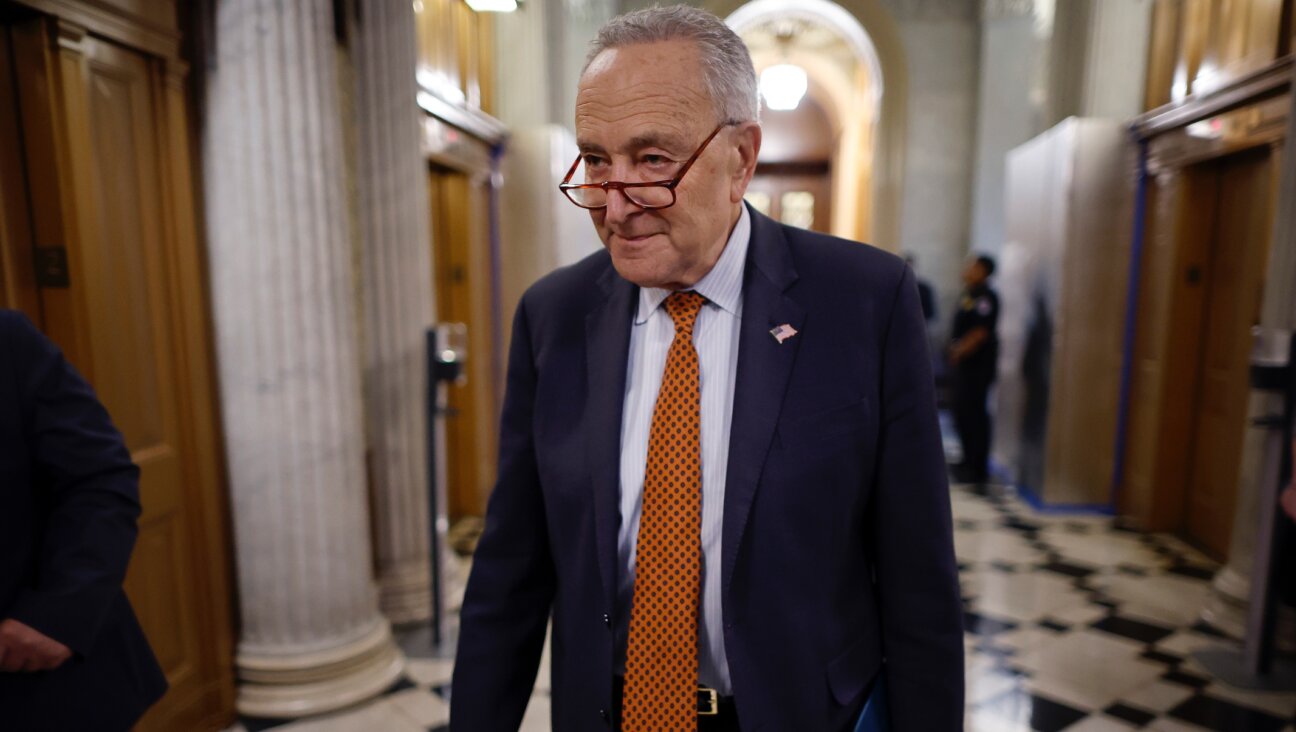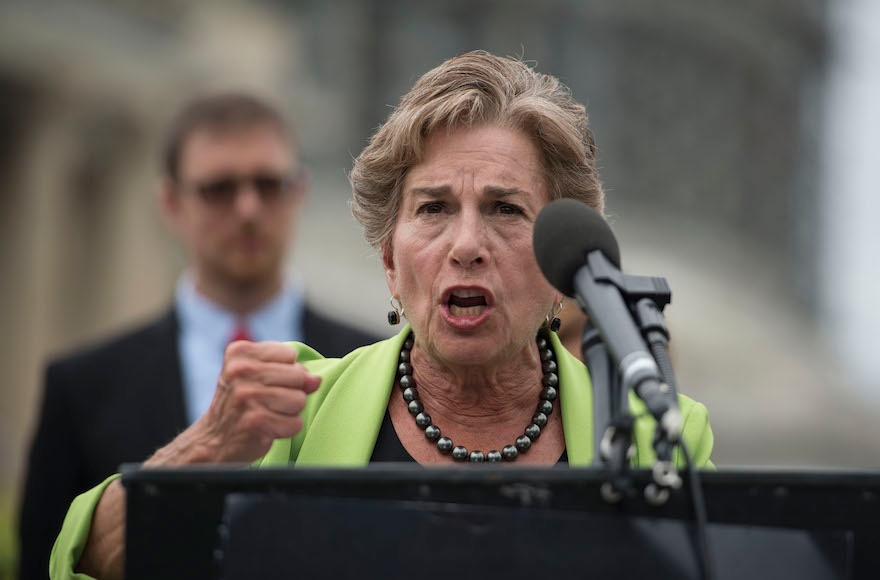Pope Benedict Hopes Statehood Will Spur Peace
Pope Benedict told Palestinian President Mahmoud Abbas on Monday the Vatican hoped the recent de facto recognition of Palestinian statehood at the United Nations would spur the international community to find a solution to the Arab-Israeli conflict.
Abbas, who is on a tour of Europe to thank countries that supported the Nov. 29 resolution by the U.N. General Assembly recognising Palestine, held private talks with the pope for about 25 minutes in the Vatican’s Apostolic Palace.
“It is hoped that (the resolution) will encourage the commitment of the international community to finding a fair and lasting solution to the Israeli-Palestinian conflict, which may be reached only by resuming negotiations between the parties, in good faith and according due respect to the rights of both,” a Vatican statement said.
The 193-nation General Assembly overwhelmingly approved a resolution to upgrade the Palestinian Authority’s observer status at the United Nations from “entity” to “non-member state,” the same status as the Vatican..
The Vatican welcomed the resolution, which amounted to an implicit recognition of a Palestinian state.
But at the time the Holy See also renewed its call for an internationally guaranteed special status for Jerusalem, something which Israel rejects.
Israel captured East Jerusalem – along with the West Bank and Gaza Strip – in the 1967 Middle East war and later annexed it in a move not recognised internationally. The Jewish state now regards Jerusalem as its “united and eternal” capital.
Palestinians want East Jerusalem to be the capital of a state they seek in the West Bank and Gaza and agree with the Vatican that the city needs international guarantees.
Israel has always maintained that it already guarantees Jerusalem’s special nature as sacred to the three great monotheistic religions – Christianity, Judaism and Islam.
Israel withdrew from Gaza in 2005 but is steadily expanding settlement in the larger West Bank.
The Vatican said the pope and Abbas also discussed the “situation in the region, troubled by numerous conflicts,” which was seen as a clear reference to the civil war in Syria.
Abbas was also meeting Italian Prime Minister Mario Monti and Pier Luigi Bersani, the head of the Democratic Party, which is widely expected to win national elections early next year.
Italy’s centre-left has traditionally supported Palestinians while the centre-right has been closer to Israel.
The Forward is free to read, but it isn’t free to produce

I hope you appreciated this article. Before you go, I’d like to ask you to please support the Forward.
Now more than ever, American Jews need independent news they can trust, with reporting driven by truth, not ideology. We serve you, not any ideological agenda.
At a time when other newsrooms are closing or cutting back, the Forward has removed its paywall and invested additional resources to report on the ground from Israel and around the U.S. on the impact of the war, rising antisemitism and polarized discourse.
This is a great time to support independent Jewish journalism you rely on. Make a gift today!
— Rachel Fishman Feddersen, Publisher and CEO
Support our mission to tell the Jewish story fully and fairly.
Most Popular
- 1

Opinion The dangerous Nazi legend behind Trump’s ruthless grab for power
- 2

Opinion A Holocaust perpetrator was just celebrated on US soil. I think I know why no one objected.
- 3

Culture Did this Jewish literary titan have the right idea about Harry Potter and J.K. Rowling after all?
- 4

Opinion I first met Netanyahu in 1988. Here’s how he became the most destructive leader in Israel’s history.
In Case You Missed It
-

Culture Trump wants to honor Hannah Arendt in a ‘Garden of American Heroes.’ Is this a joke?
-
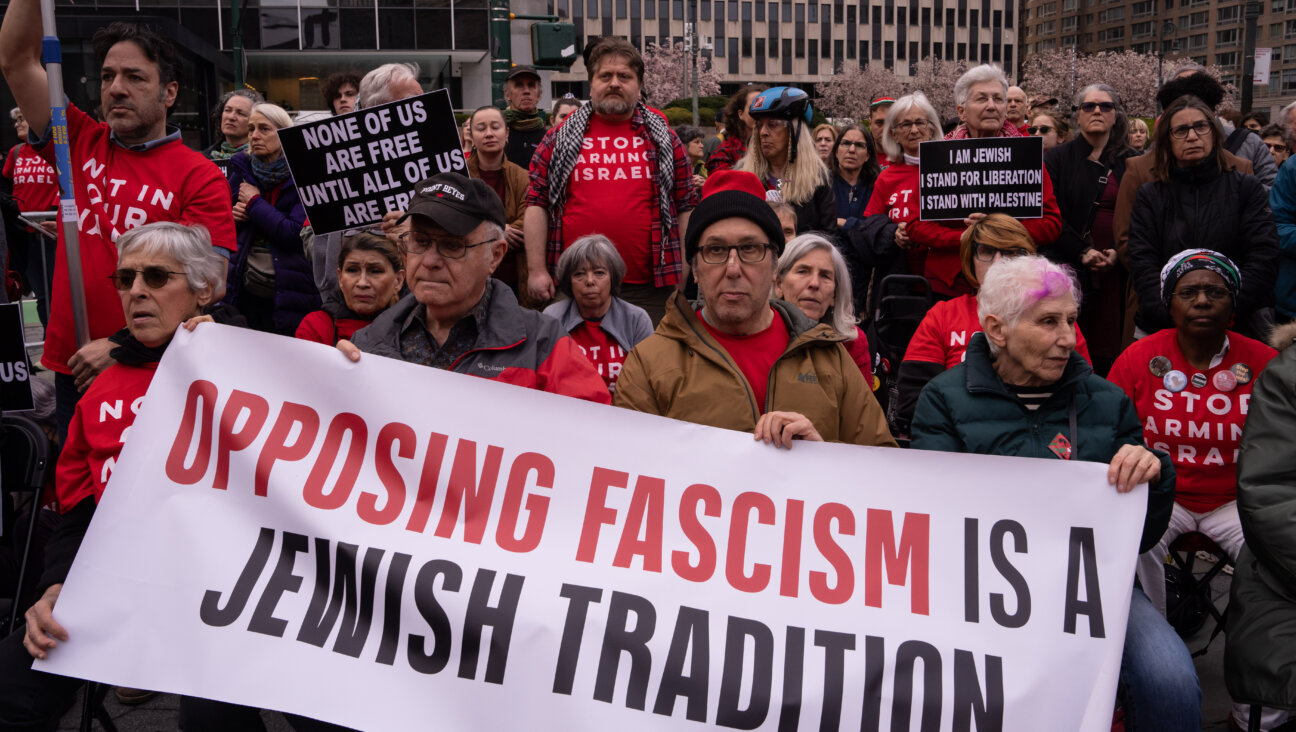
Opinion Gaza and Trump have left the Jewish community at war with itself — and me with a bad case of alienation
-
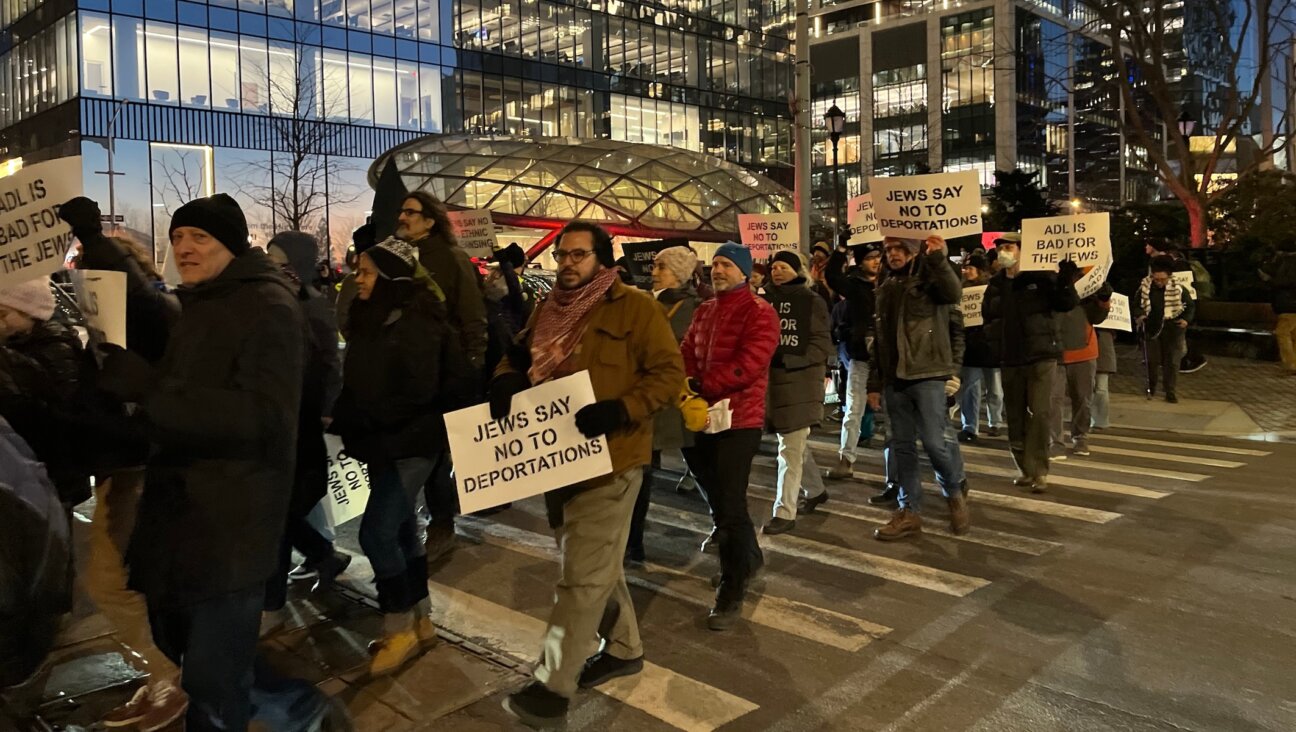
Fast Forward Trump administration restores student visas, but impact on pro-Palestinian protesters is unclear
-
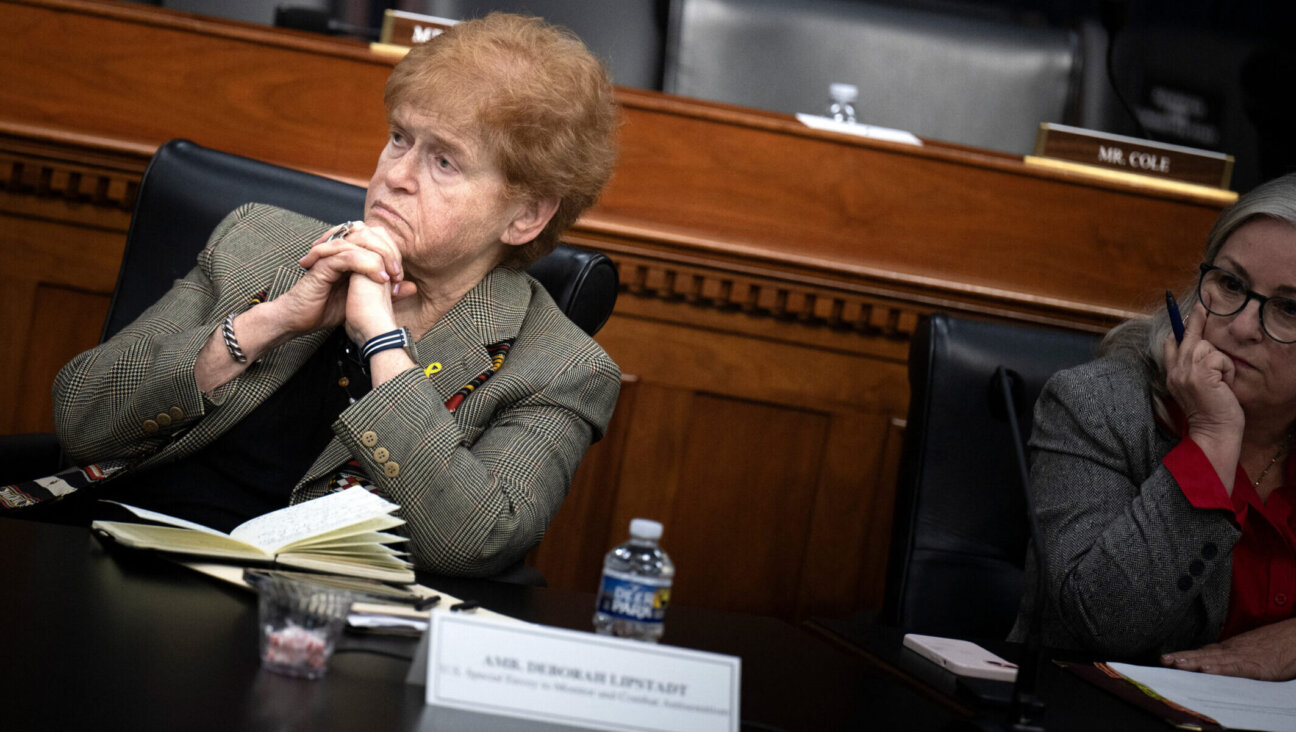
Fast Forward Deborah Lipstadt says Trump’s campus antisemitism crackdown has ‘gone way too far’
-
Shop the Forward Store
100% of profits support our journalism
Republish This Story
Please read before republishing
We’re happy to make this story available to republish for free, unless it originated with JTA, Haaretz or another publication (as indicated on the article) and as long as you follow our guidelines.
You must comply with the following:
- Credit the Forward
- Retain our pixel
- Preserve our canonical link in Google search
- Add a noindex tag in Google search
See our full guidelines for more information, and this guide for detail about canonical URLs.
To republish, copy the HTML by clicking on the yellow button to the right; it includes our tracking pixel, all paragraph styles and hyperlinks, the author byline and credit to the Forward. It does not include images; to avoid copyright violations, you must add them manually, following our guidelines. Please email us at [email protected], subject line “republish,” with any questions or to let us know what stories you’re picking up.







